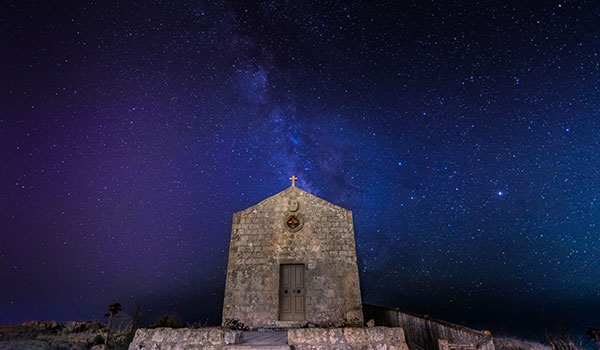In my previous post, I introduced the concept of secularism, not as a looming evil that must be resisted, but as a lived statement of disenchantment that is experienced by even the most ardently religious: We no longer conceive of God as “outside” the universe in a primitive sense, dragging the sun through the sky with his chariot, nor “outside” in the sentimental sense, sitting on a golden throne in the sky looking down on us. Formerly mysterious occurrences like freak weather patterns or catastrophic disease outbreaks are no longer attributed to “magic” or the supernatural, but rather to natural patterns of cause and effect. Secularism in this sense is not to lose faith in God, or even to make ontological claims about God; it’s a framework that we can’t escape by our own volition, just like people in the ancient world couldn’t just choose to reject supernatural causation.
In a letter dated June 8, 1944, Bonhoeffer put it this way:
The movement that began about the thirteenth century (I’m not going to get involved in any argument about the exact date) towards the autonomy of man (in which I should include the discovery of laws by which the world lives and deals with itself in science, social and political matters, art, ethics, and religion) has in our time reached an undoubted completion. Man has learnt to deal with himself in all questions of importance without recourse to the ‘working hypothesis’ called ‘God’. In questions of science, art, and ethics this has become an… [Read more…] about Nones, Dones and Religionless Christianity, Part 3



